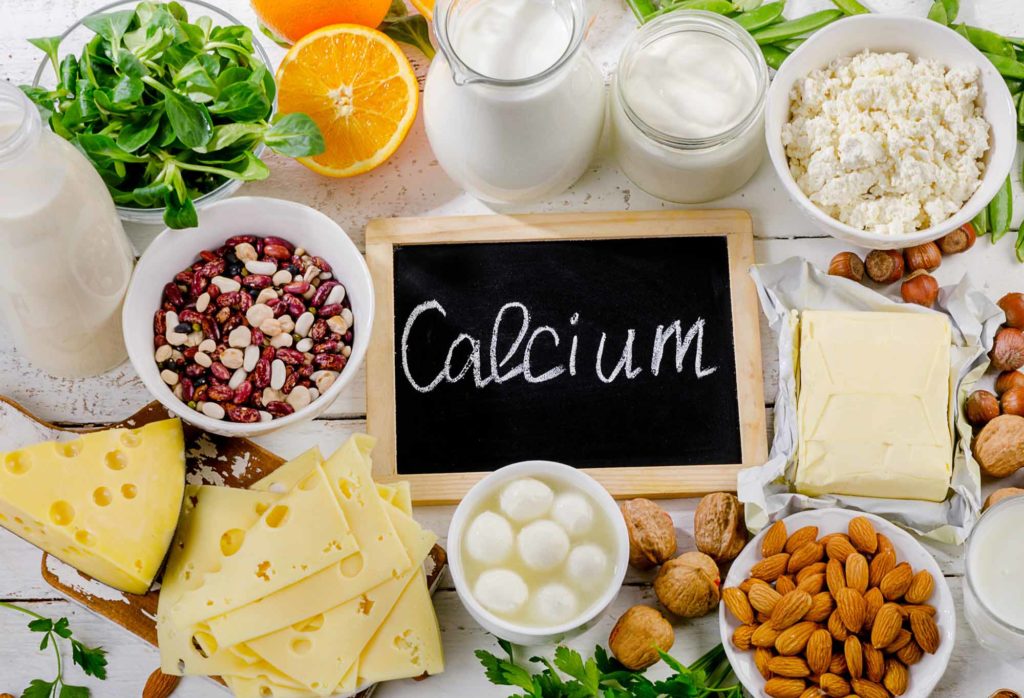
Calcium is one of the most abundant minerals in your body, and one of the most important, too. It strengthens bones and teeth and helps prevent bone diseases like osteoporosis and osteopenia. Calcium is so critical to bone health that Dr. Budler encourages patients to eat a calcium-rich diet in order to meet the recommended dietary guidelines of 1,000 to 1,200 milligrams per day.
Making the Case for Calcium
Calcium plays an important role in the fight against osteoporosis, a bone disease that causes the bones to become brittle. When the bones become brittle, they are susceptible to fracture. One of the most common fractures associated with osteoporosis is the spinal compression fracture, a painful condition that causes curvature of the spine, limited motion, and urinary and fecal incontinence.
Not only does calcium play a role in protecting bones from osteoporosis and fractures, but it also plays a role in almost every cell function. Calcium is an essential part of muscle movements and nerve responses. Calcium helps maintain healthy blood vessels, encourages the blood to clot and provides a natural defense against high blood pressure, which reduces the risk of heart attack and stroke.
Why Do I Need to Worry About Consuming Enough Calcium?
Calcium can become depleted through normal bodily functions, bone cell regeneration, urination and excretion, sweating, and skin and hair regeneration. Calcium is also depleted because of dietary choices, like consuming too much soda and caffeine.
Excessive salt consumption also depletes your calcium stores. Researchers estimate you lose 40 milligrams of calcium for every 2,300 milligrams of sodium you consume. While 2,300 milligrams may sound like a lot, it’s really only equal to one teaspoon of salt per day combined from all the food you eat. According to the FDA, most Americans consume about 3,400 milligrams of sodium per day.
Several behavioral factors impact your body’s calcium stores. Smoking and excessive alcohol consumption leach calcium from your bones over time, leaving you at risk for osteoporosis and fractures.
How Can I Be Sure I’m Consuming Enough Calcium?
A diet rich in calcium includes dairy products like milk, yogurt and cheese as well as green vegetables like broccoli, spinach and kale. Almonds, soybeans and citrus are also high in the essential nutrient, as are sardines and tofu. Many grains and cereals have calcium added, too. In addition to eating foods rich in calcium, dietary supplements can also help you meet your daily calcium requirement.
Estimates show that only about 32 percent of adults reach their suggested daily calcium target of 1,000 to 1,200 milligrams per day, leaving many people deficient in this important mineral.
Want to learn more about how to safeguard your bones against osteoporosis? Call Dr. Budler today at 855-201-1519.
